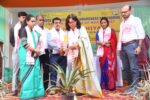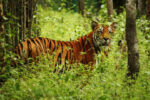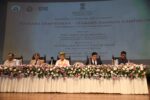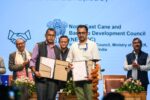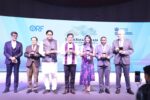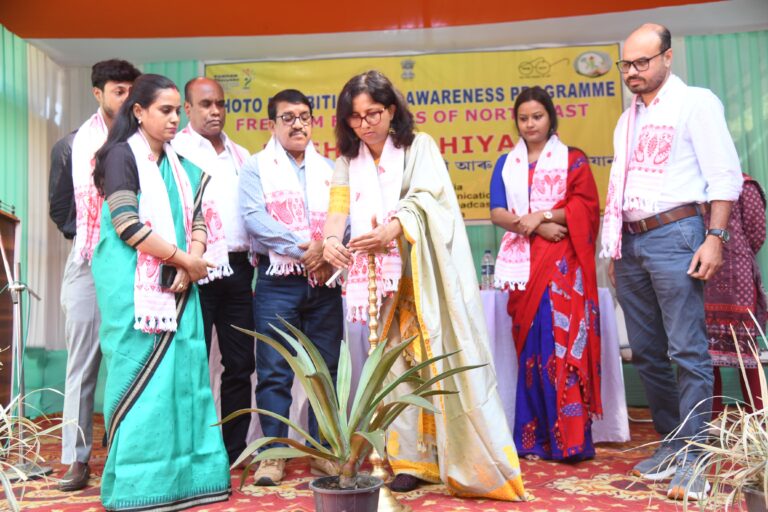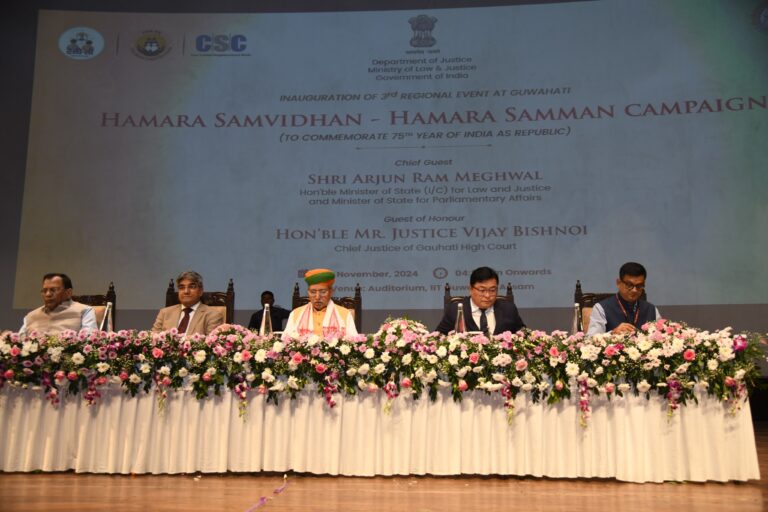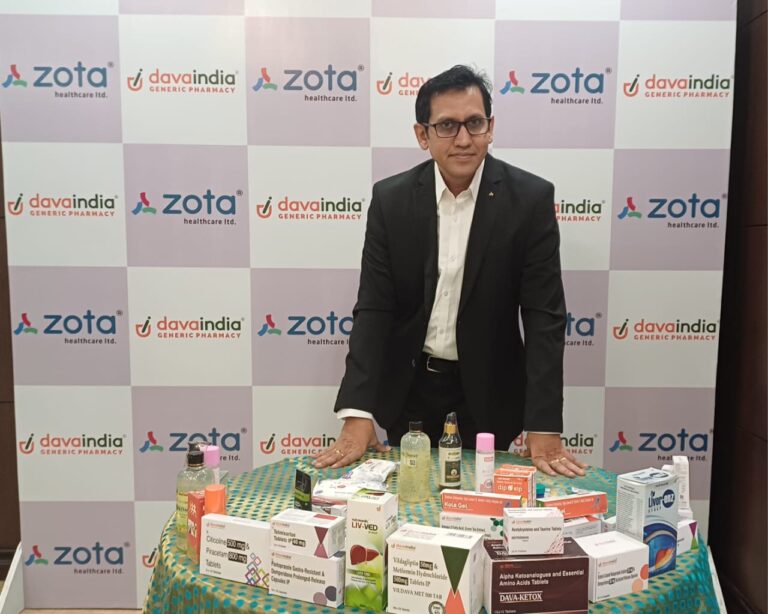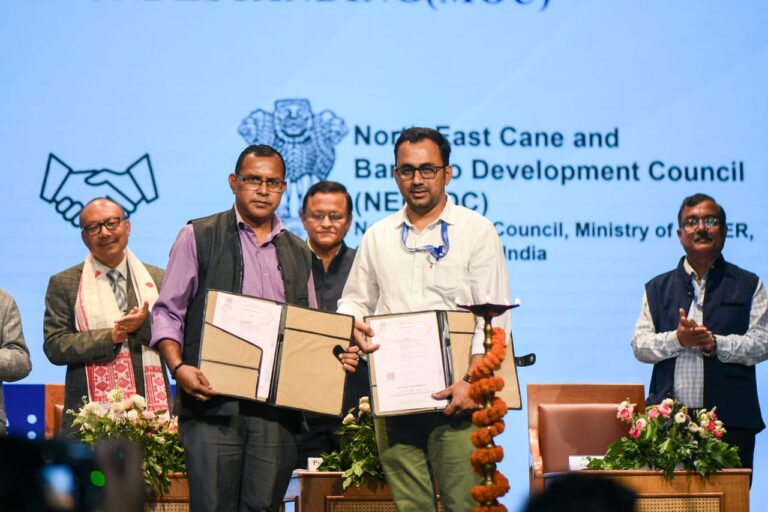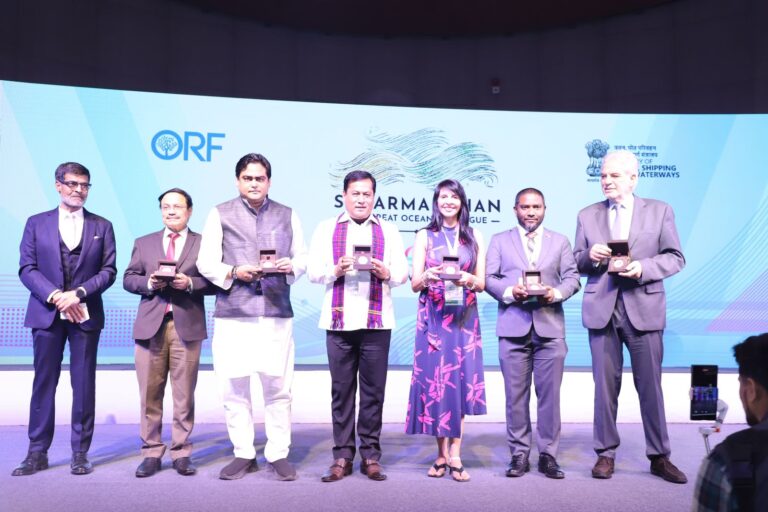During Wangala, young and old dress in their colourful garments (Dakmanda, Daksari, or Gando) and feathered headgear (do’me) and dance to music played on long, oval-shaped drums (Dama). Katta Doka (talking in a singing style), Ajea, Dani Doka(describing Wangala by singing), Chambil Mesaa or the Pomelo Dance are performed during these days.

Wangala is celebrated for two or three days or up to a week, gathering two or three villages, though recently it has been celebrated for one day in metropolitan areas. Rugala and Sasat Sowa are celebrated on the first day. These rituals are performed inside the house of the Nokma (chief) of the village. Dama Gogata is celebrated on the last day.
The Wangala is a Garo post-harvest festival that marks the end of the agricultural year. It is an act of thanksgiving to the sun god of fertility, known as Misi-A-Gilpa-Saljong-Galapa.
